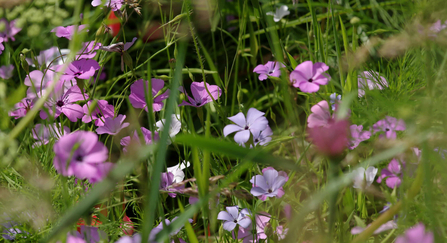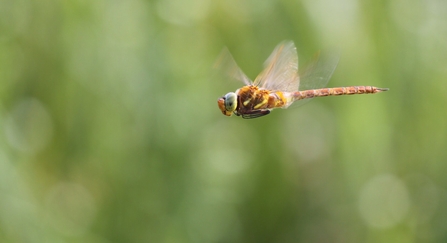In Spring 2019, the UK’s Chancellor of the Exchequer commissioned an independent review on the economics of biodiversity, to be led by Professor Sir Partha Dasgupta.
The Review, published today, is the first of its kind and should shine a light on how a better appreciation of the value of nature can help us build more resilient economies and achieve sustainable prosperity.
What does it say?
The Review’s key message is that we are failing to manage our most precious asset - nature.
Despite our economies being embedded within nature, it is not valued by our current economic system. This failure has led to our unsustainable exploitation of the natural world – with the gulf between the demands put on nature for economic growth and its ability to regenerate becoming too large.
The Review warns that unless we fix this, the prosperity of current and future generations is at risk.
To protect our natural world and future prosperity, it calls for urgent and transformative change in how we think, act and measure economic success.
The Review presents a new framework on how we should account for nature in economics and decision making to ensure we live within our environmental limits.
Why is this important?
The message that we have taken nature for granted for too long will not be new to those of us who have long recognised the vital importance of nature to our health, wellbeing, and future prosperity.



